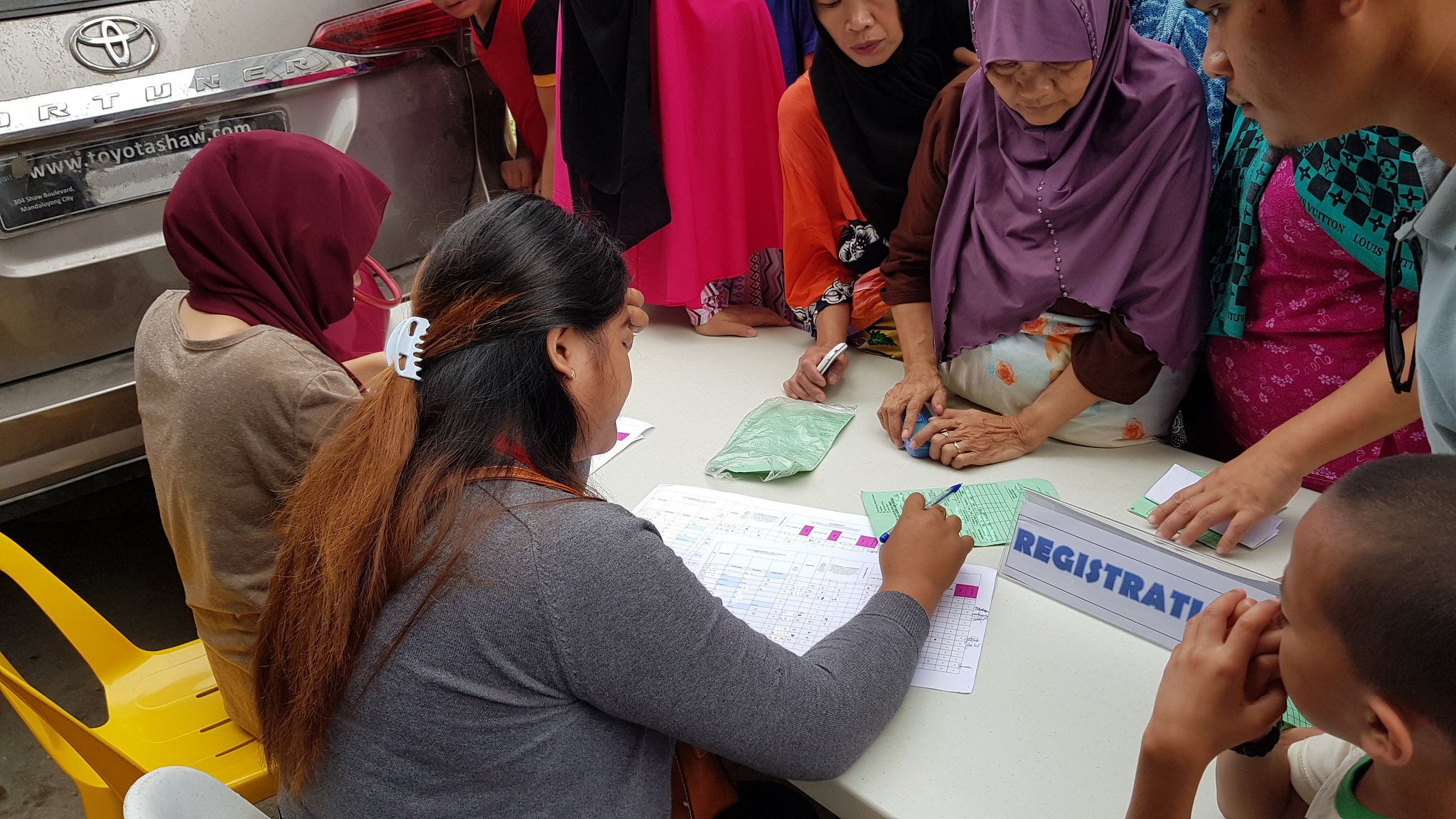On International Women’s Day, the Start Network is paying tribute to the unsung warriors of this world. The mothers. The carers. The workers. And, the women responding on the front line when an emergency strikes.
A 'Women Led Emergency Response' in Bangladesh
In June 2017, incessant torrential rains led to the worst landslides in Bangladesh in a decade. The Chittagong Hill Tracts were particularly hard hit and close to 160 people died and over 80,000 people were affected across the five districts of the south-eastern region. Communities were completely disconnected from main roads, electricity and food supplies. More than half of the people affected lost their homes and livestock.
The crisis received little international media attention, with only the Bangladesh government and Bangladesh Red Crescent Society working to respond. This is when Start Fund Bangladesh members decided to act. Caritas Bangladesh and Catholic Relief Services raised an alert and two days later, World Vision and ActionAid were awarded funding, both going on to work with their long term national partner, Balipara Nari Kalyan Samity (BNKS).
With technical support from World Vision and ActionAid, BNKS facilitated responses that were driven by the community. One such was the ‘Women Led Emergency Response’ which empowered female community leaders to take on leadership roles in the emergency response, such as setting the criteria for selecting beneficiaries.
The response process helped to empower communities, especially through recognising the leadership of women and challenging gender stereotyping.
The violence in Marawi and a local female WASH officer
An hour before the call to prayer, Zahara Ibrahim, WASH officer for the Humanitarian Response Consortium, gathers a group of people in an evacuation centre in a town near Marawi in the Philippines. The centre is currently home to 168 families fleeing the violence in the city. The evacuees are there to hear about hygiene, as residents of many of the evacuation centres have been falling ill and many deaths have been reported.
“If someone gets sick and is left untreated, they might die. This is what we want to prevent.”
The violence in Marawi began in May 2017 and months later, tens of thousands of people remained displaced as the violence raged on - until November 2017. The Start Network provided help to people affected through two programmes. The Start Fund responded quickly. On 28 May Start members came together and raised an alert three days later. The Project Selection Committee met in Manila on 3 June to consider the nine proposals and awarded Action Against Hunger, Catholic Relief Services, and Oxfam, a total of £257,721 for immediate response. “Even CERF emergency funding came too late. The Start Fund proved to be one of the fastest.” Javad Amoozegar, Action Against Hunger.
At the time, The Start Network’s Disasters and Emergencies Preparedness Programme (DEPP), already had six projects running in the country and was in a unique position to enhance the quality of the response. Agencies were better prepared to work together as relationships had already been established at workshops, training, and Start Network events, which allowed consortia partners to respond to the emergency in an efficient, coordinated way.
Zahara was a WASH officer for the Humanitarian Response Consortium, part of the DEPP’s Financial Enablers project. She was also trained through the DEPP’s Transforming Surge Capacity project and is a member of its national surge roster ‘On Call’ - which brought her in to help the evacuees.
“For me it is important to deploy local staff because they understand the culture of the people better.”
The DEPP projects had been advocating for the inclusion of local organisations in national structure in the Philippines. And for the first time, UN OCHA included local organisations in its mapping of humanitarian actors. This recognition gives them more prominence and therefore more power to influence the response and advocate for the people in need.

